
"Lanxin Grand Theatre" was released, and the film was shortlisted for the 76th Venice main competition. Two years have passed in a blink of an eye and finally entered the cinema. This film is also one of Gong Li’s masterpieces in recent years. The Lanxin Grand Theatre is not only her main stage, but also the stage of the heroine Yu Yan. Not long ago, Beijing International Film Festival even appointed the Lanxin Grand Theatre as the closing film, which shows its weight in the hearts of fans.
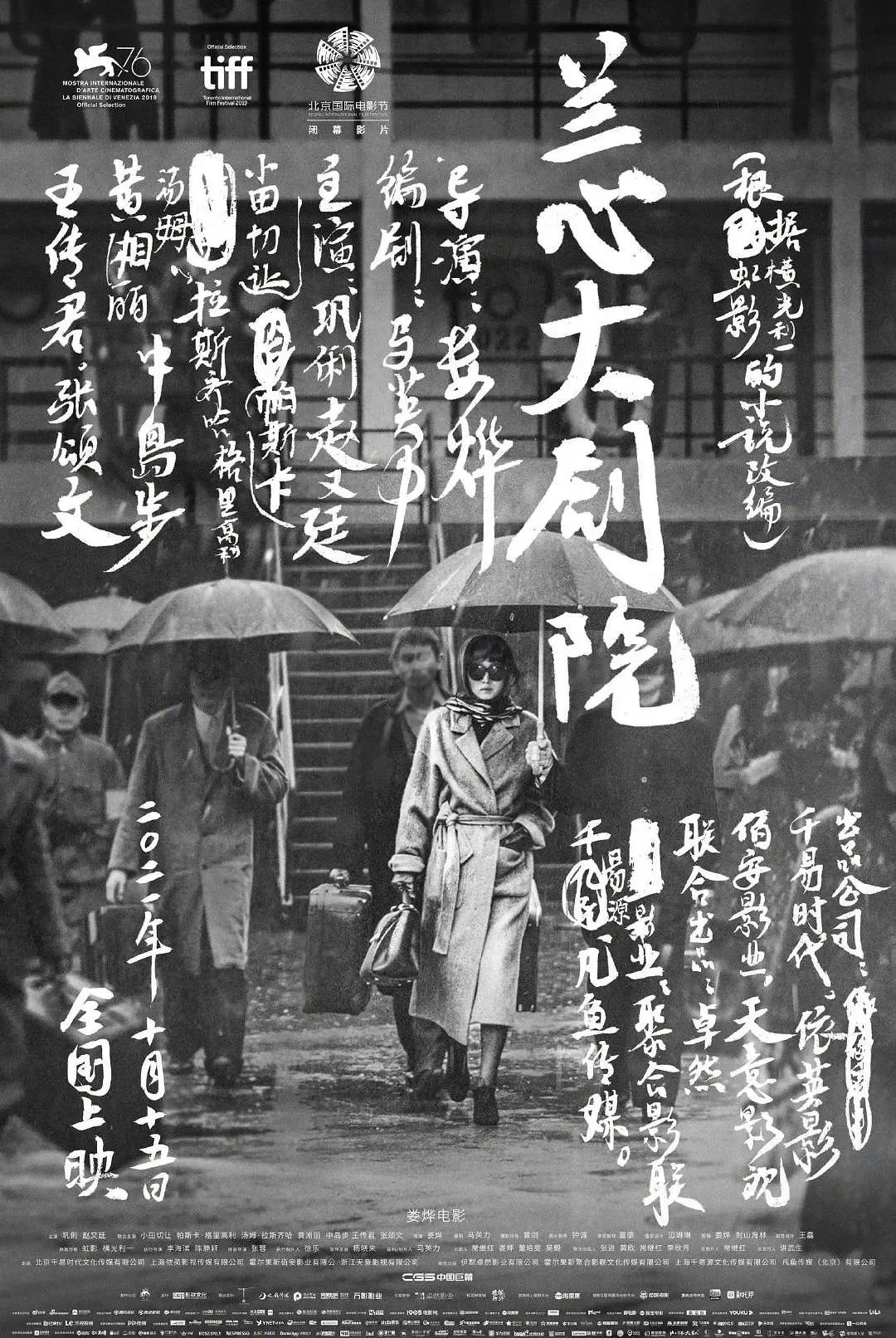
There are spoilers in this article.
one
In 1937, Shanghai was occupied by Japan. The story took place in the French Concession. In this privileged and safe zone, there were mixed fish and dragons. In addition to prominent figures, there were also many spies from all corners of the country who secretly performed tasks.
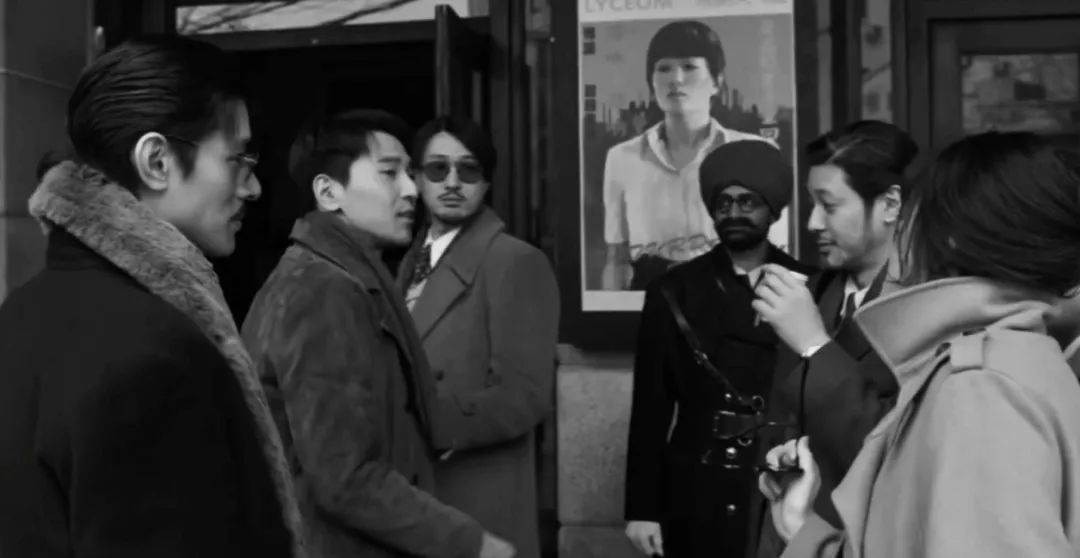
"Lanxin Grand Theatre" began with "a scene". Drama director Tan Na wandered around the dance and then started a conversation with a woman about the factory strike. The woman was Fang Qiu Lan played by Yan, and then the conversation was interrupted by a man who wanted to take Fang Qiu Lan away by force.
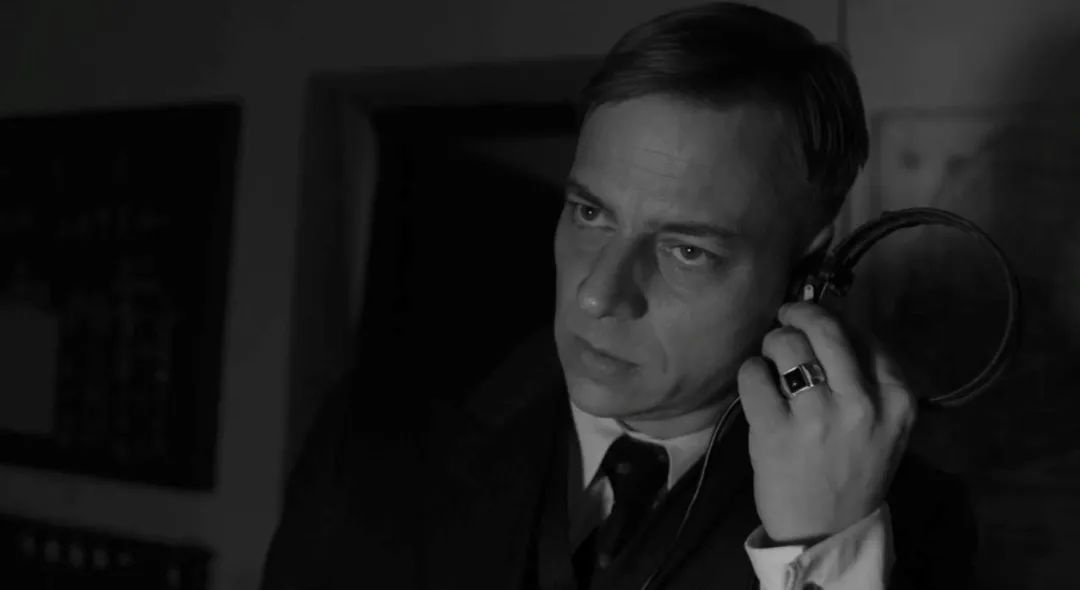
This is obviously the plot on the stage. The real Yu Yan is chased by fanatical fans in Shanghai and surrounded by reporters everywhere she goes. The limousine took her to the luxury hotel in the French Concession, and she was received by the hotel manager Saul Xia Pier. These were carefully arranged, because Saul, like Yu Yan, was also serving the Allies.
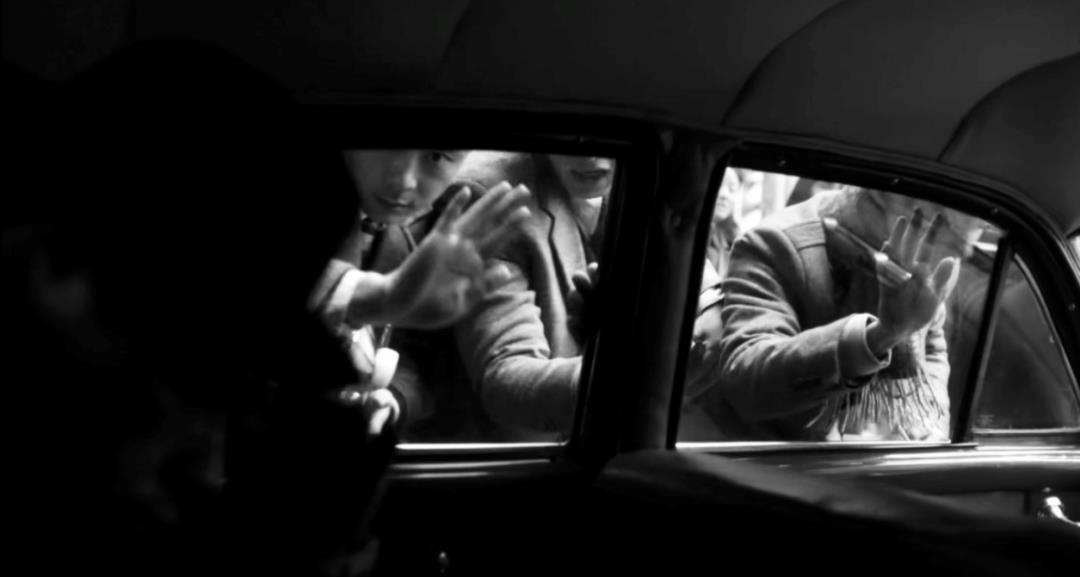
But is this the only task of Yu Yan? No, after she returned to Shanghai, she had at least two tasks, except to meet with Hubert, a senior allied officer, and to find Ni Zeren, her ex-husband imprisoned by the Japanese army. In the past few years, Hubert has always been an elder in Yu Yan’s heart, and the way she respects him is to accept the dispatch and make a good chess piece.
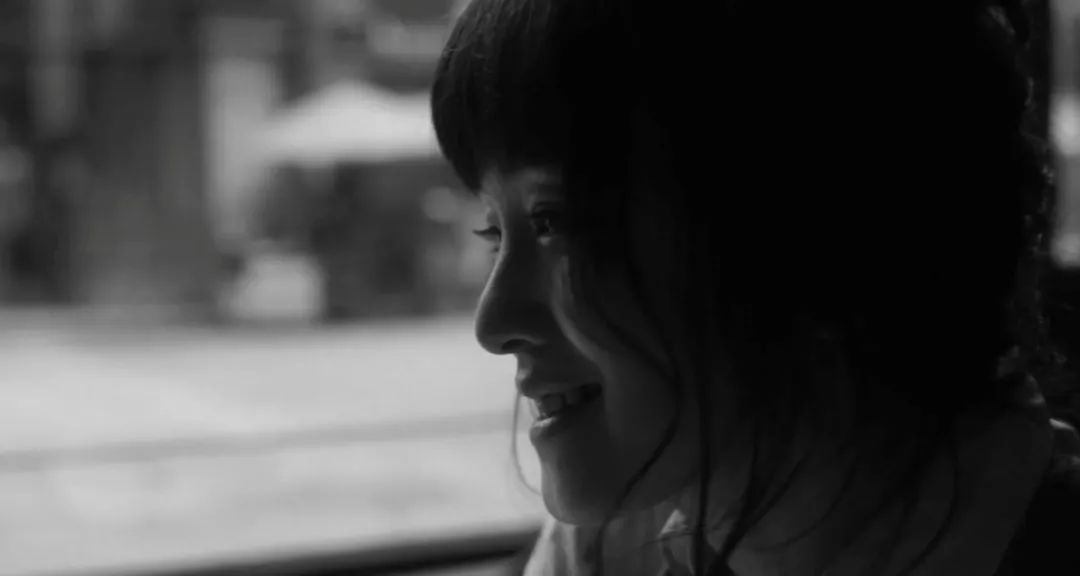
Yu Yan not only returned to the stage, but also rekindled her old love with her ex-lover, Tan Na. Her eyes are full of love, and Tan Na enjoys the rekindled fire of love more than she does. He may know that he is the shield role selected by Yu Violet, but he is also willing. After all, he is trusted, and this feeling is not necessarily to take part in accidental amusement.
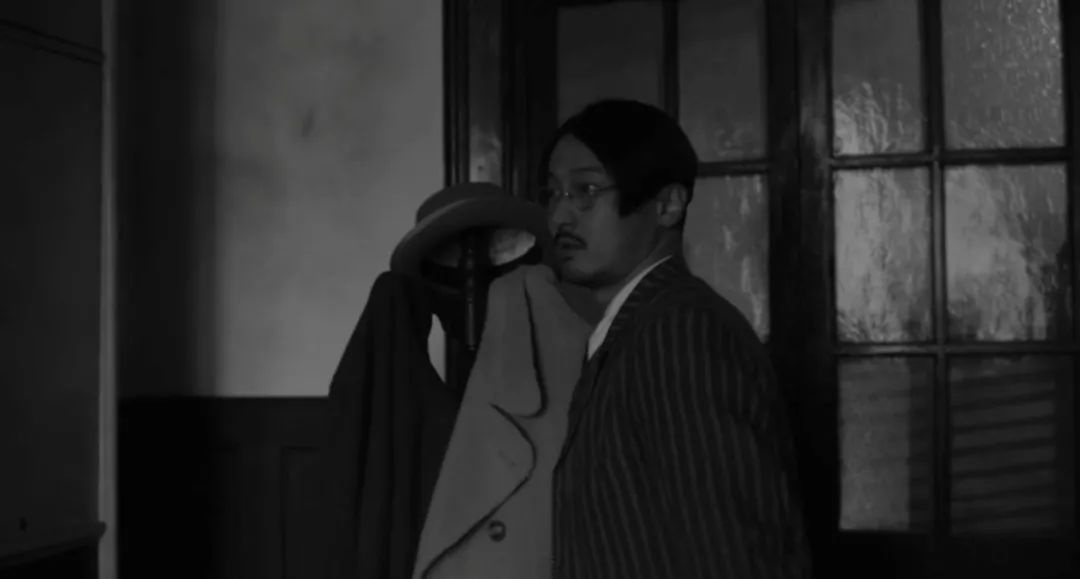
Mo Zhiyin, a close friend of Tan Na’s circle, is a cruel character. As an intelligence agent of Wang Puppet Government, he is always on the alert for any trouble around him. Although Yu Yan kept a low profile, she came into his sight, but Mo Zhi only knew some details about Yu Yan, thinking that she came back to save her ex-husband.
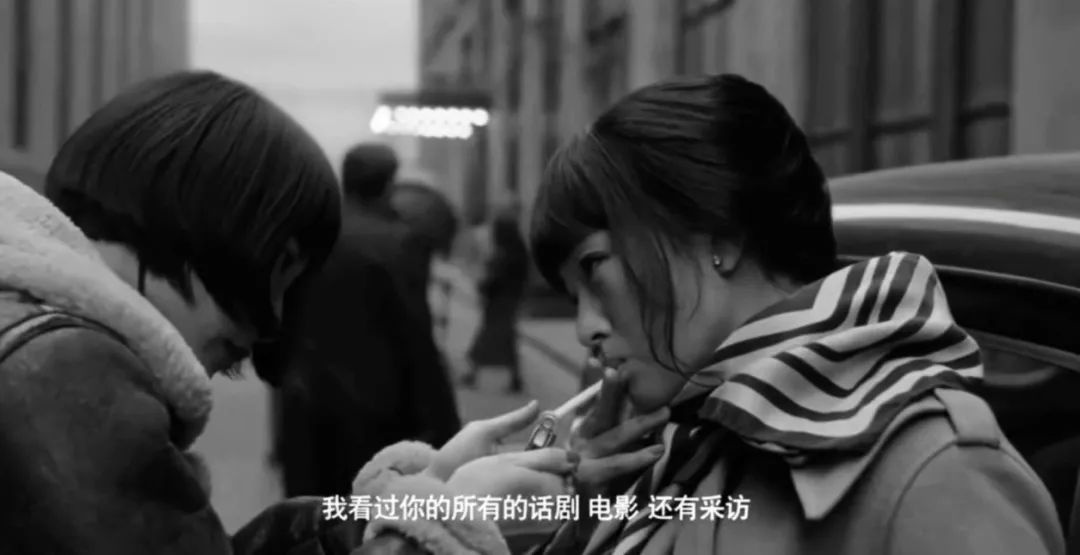
Suddenly, a young opera fan named Bai Yunshang appeared around Violet. Bai Yunshang is a clever girl, and she expressed her admiration for Violet more than once because she also wants to be an actress. Her enthusiasm successfully captured Yu Yan’s attention. Out of doubt or interest, Yu Yan decided to let her enter the theater and get close to idolize.
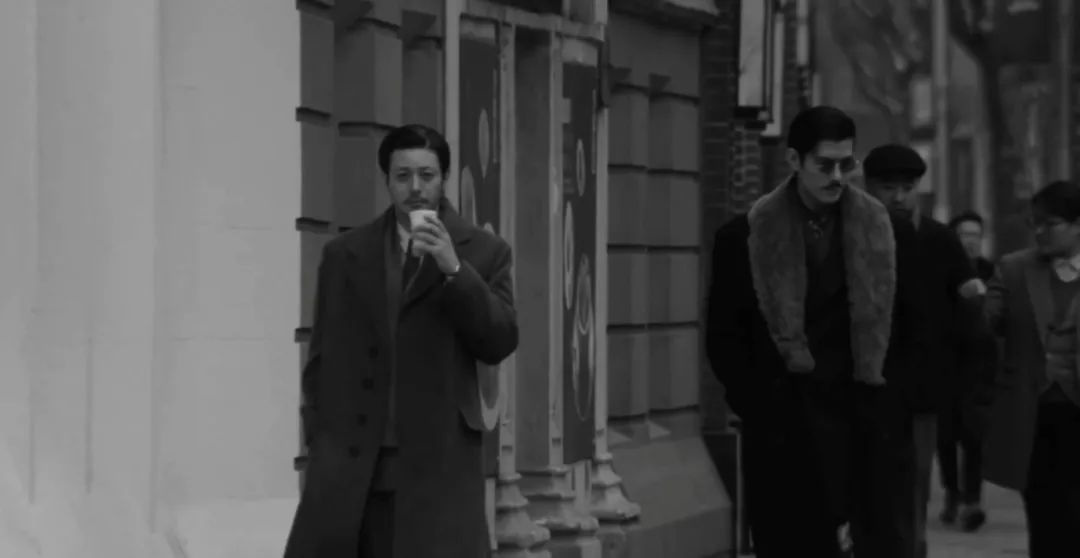
There are also two key characters, namely, an expert in code deciphering, Kotani Saburo, and Kurihara, who serves Japanese imperialism. They are the most dangerous enemies lurking around Violet and Hubert.
2
Kotanisaburo is always frowning and preoccupied. As a special expert, he is the rarest trump card of Japan and the breakthrough in Hubert’s eyes.
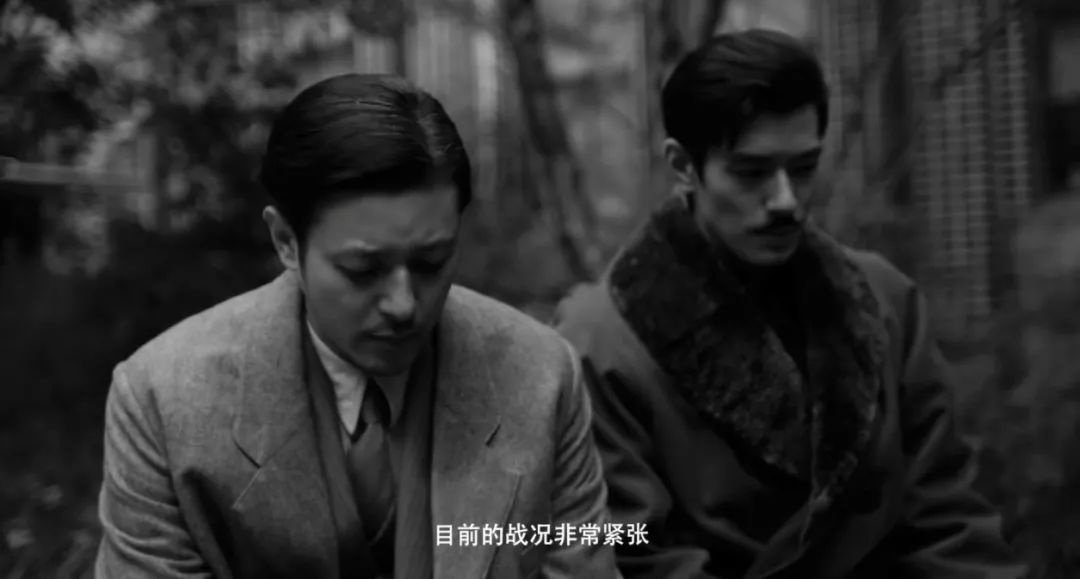
In order to obtain Japanese intelligence, Hubert launched the "Double Mirror Project". Only one person can perform this task, and that is Yu Yan. She looks very much like Kotanisaburo’s dead wife, which is the real reason why she returned to Shanghai.
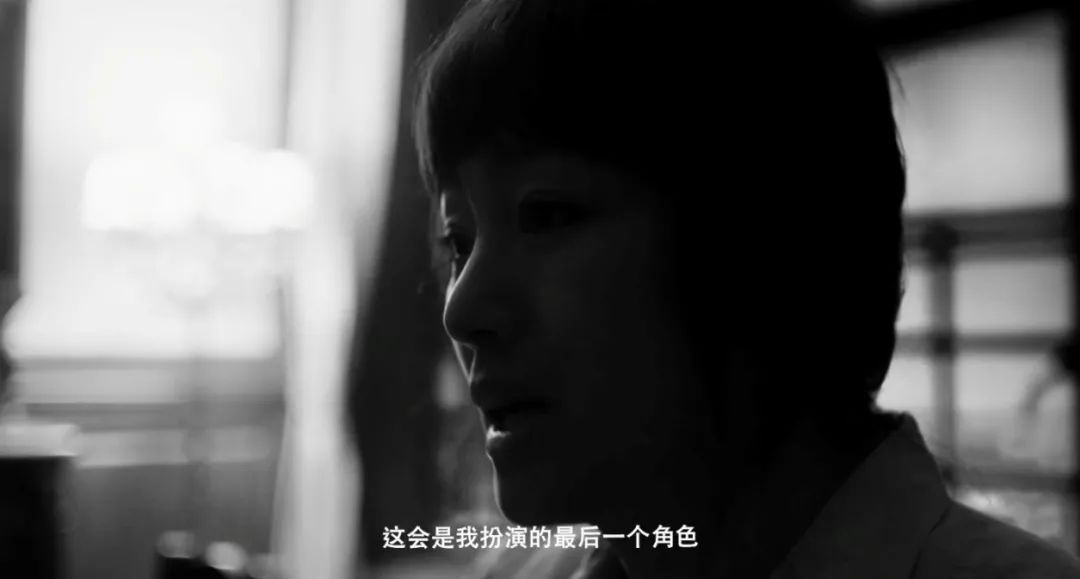
Maybe she has long been tired of spy life, and repeated scenes divide her life and make her lose herself. So Yu Violet’s move to take the task is to repay the kindness, and she wants to regard this as her last role.
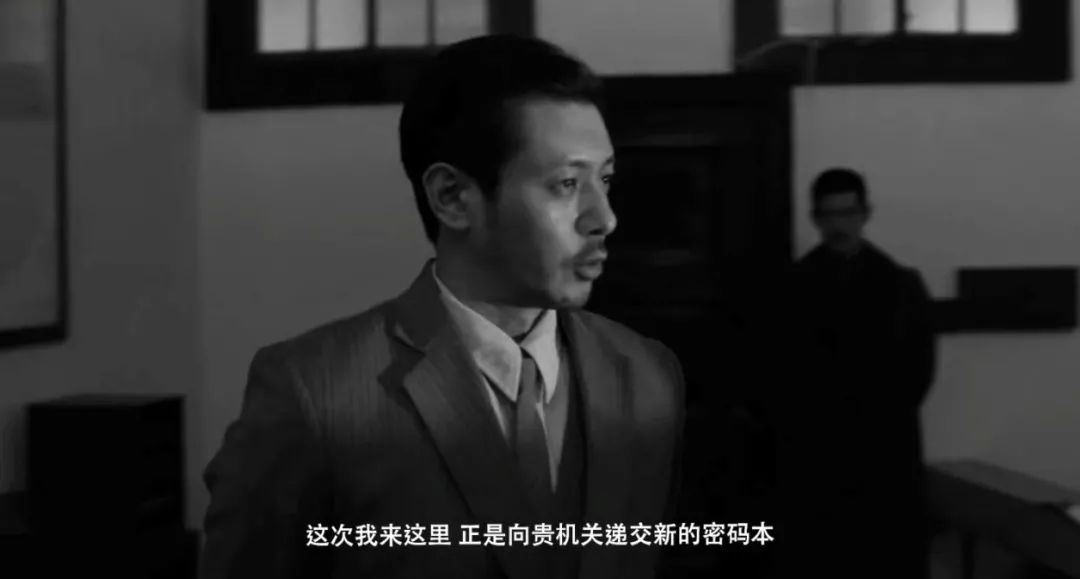
Kotanisaburo’s love for his dead wife is very touching. The pain caused by this love made him trance from the present fear. Unlike Yu Yan, who wanted to get out of it, this man had almost no fighting capacity and finally became the most helpless participant in this war.
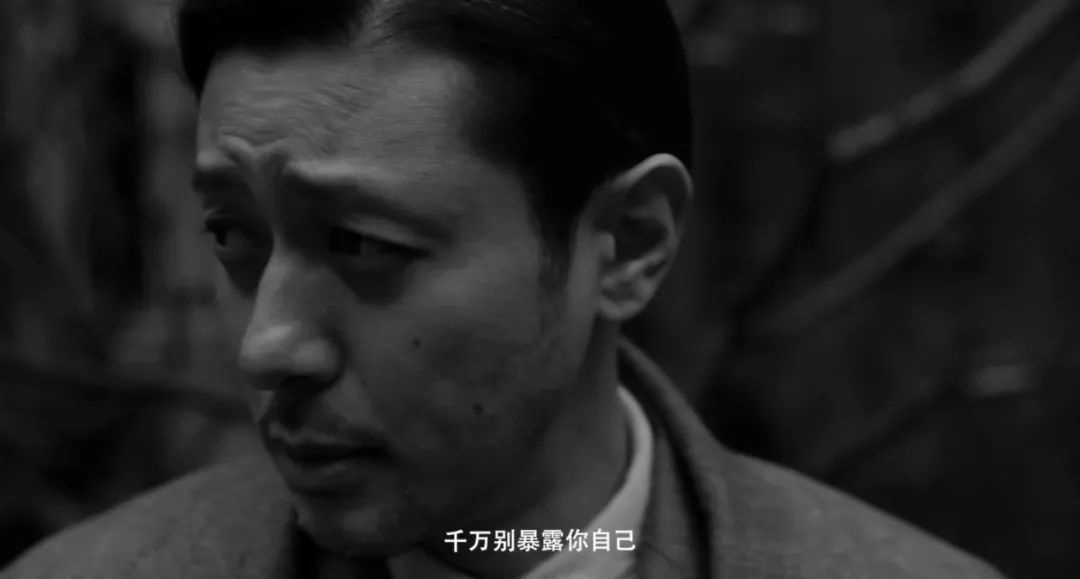
Compared with Kotanisaburo, Yu Yan’s ex-husband Ni Zeren is slick and treacherous. He is a traitor who helps the Japanese to do business. After making a fortune, he staged a dog-eat-dog drama, but he was put together by the Japanese. Yu Yan tried to save him, but Ni Zeren didn’t have this life.
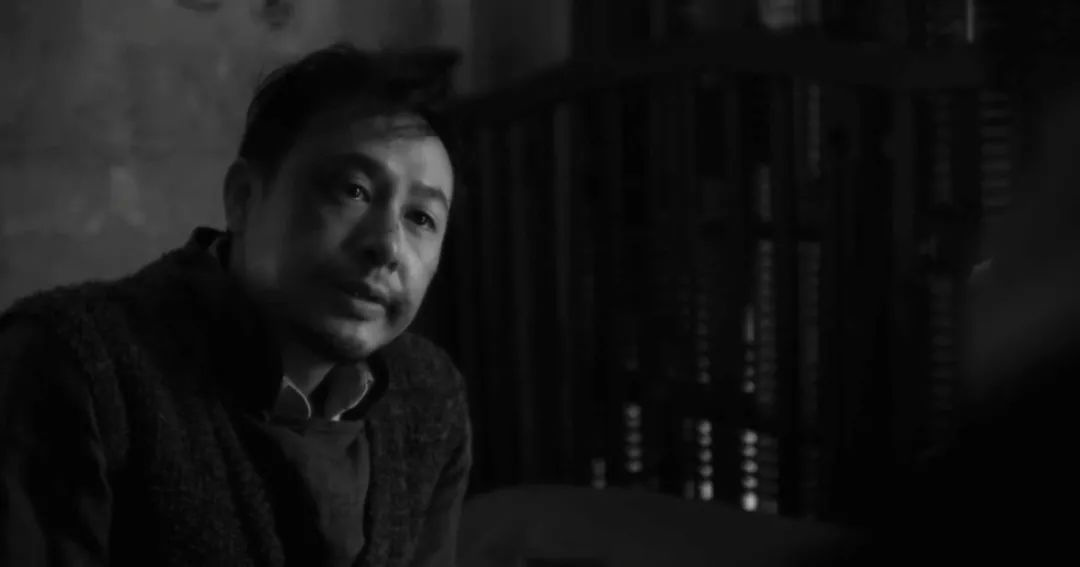
Finally, this night, in a heavy rain, someone set up a game and someone set up a close encounter of mahjong. Compared with Tan Na’s drama, this night is much more exciting. Yu Yan single-handedly broke through several checkpoints and saw the deaths of enemies, friends and innocent people who met by chance.
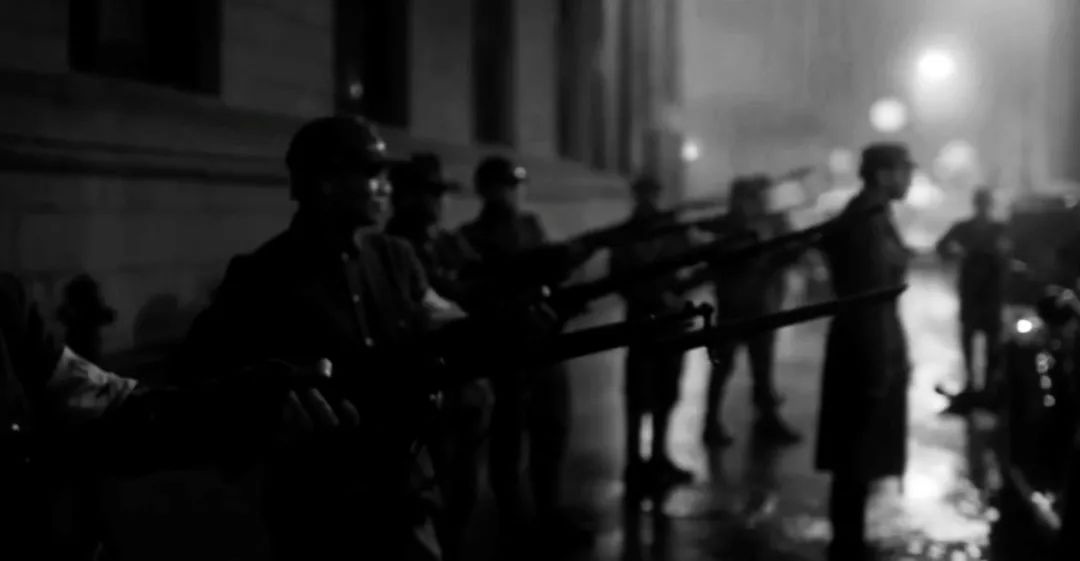
Her gun has the ability to liquidate everything, which means that Violet has the initiative to examine the present. In Gong Li’s eyes, you can see all kinds of complicated emotions. She has become the carrier of recording history and is also burdened with very heavy things.
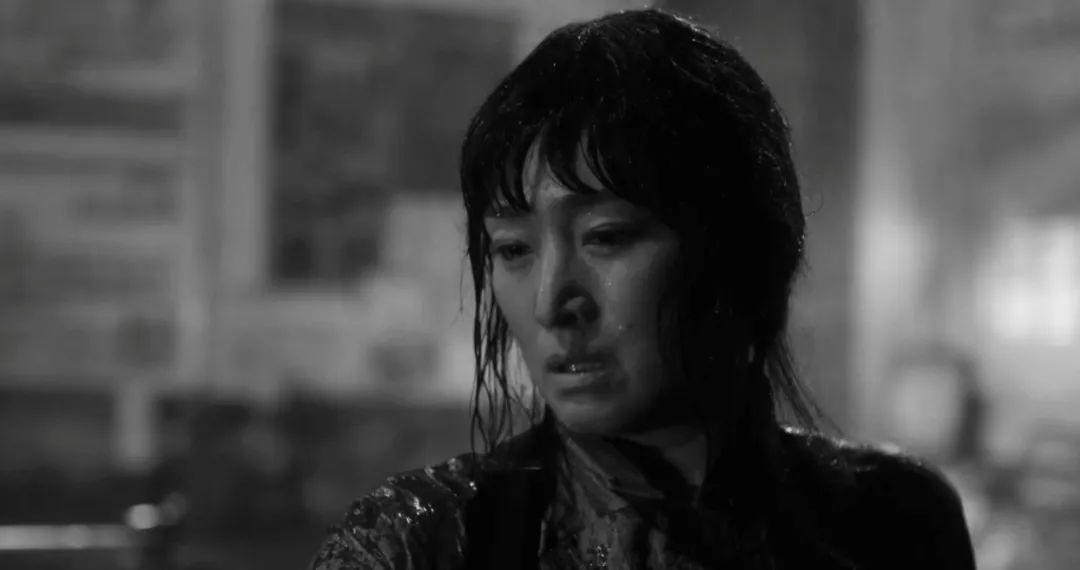
But can the survivors find a way out? Where is their way out? In the end, Lou Ye took the narrative back to the opening scene with a trick-like clip, and completed the closed loop of the film.
three
When it comes to expounding the background of the times, the text is often an empty shell, but the multiple spaces that spread outward from the drama can help the audience grasp the real historical atmosphere. The most commendable thing about Lanxin Grand Theatre is the creative integration of drama and reality. Ma Yingli adapted the original work into a smoky place, leaving a lot of blank space for "space presentation".
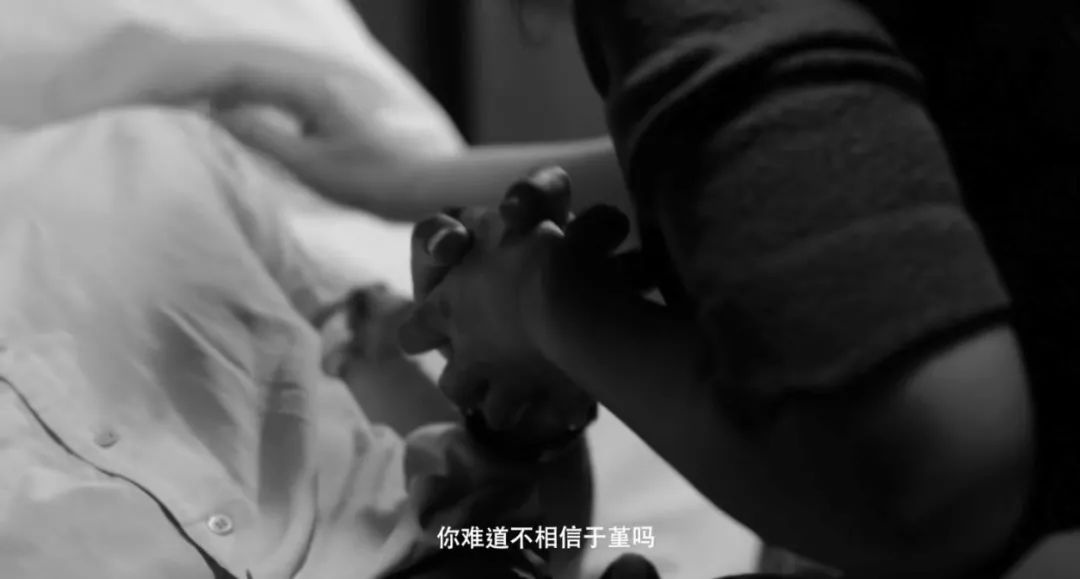
In Lanxin Grand Theatre, drama is centered on performance, and history is naturally "performative". To reproduce history is to arrange a performance, and Lou Ye made this film just as Tan Na arranged his play. The only common point of these two narratives is Gong Li, who is the only "authentic" existence.
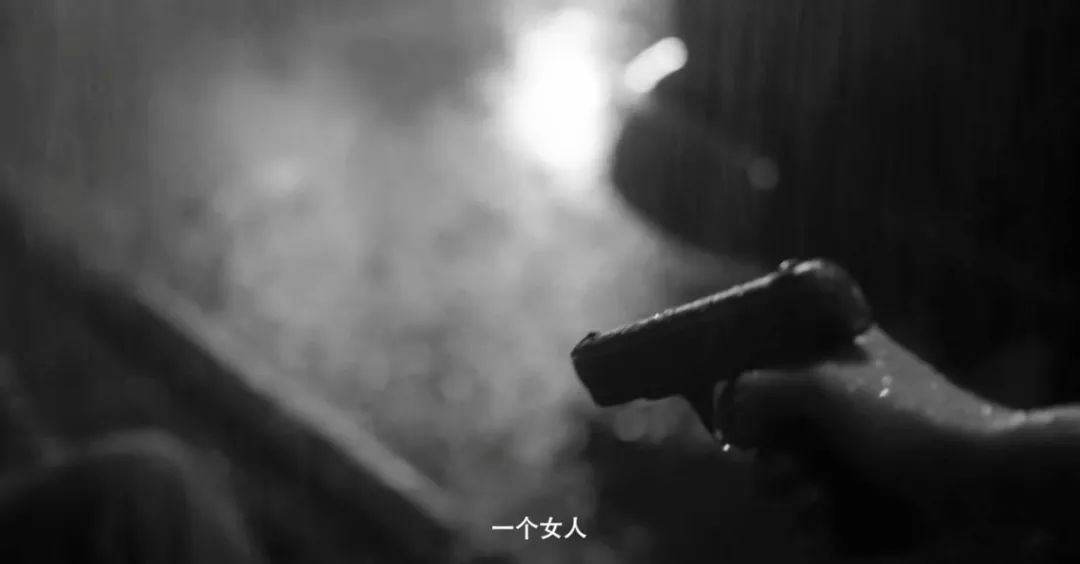
Having said that, I have to go back to Yu Yan, played by Gong Li. She is a female character that rarely appears in similar movies. Women are rarely responsible for the heavy responsibilities, but Lou Ye simply walked all the way to the end, without setting a clear character, morality or position for Yu Yan. However, when she collided with the roulette wheel of history with her own flesh and blood, the audience was immersed in the moment when she was completely out of control.
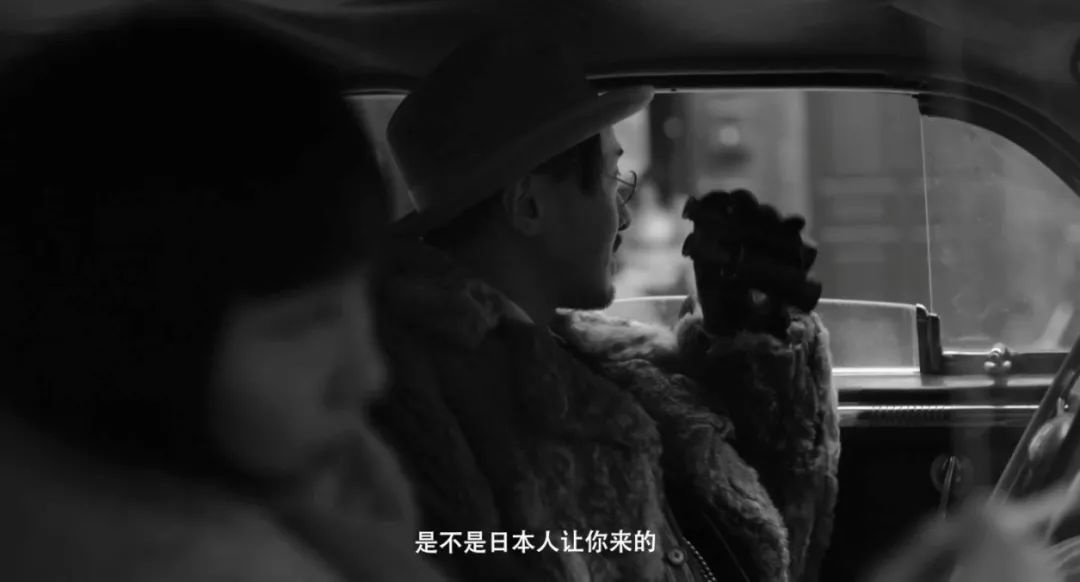
Many people in the film have two faces. Facing the arena like a meat grinder, they feel at ease by tearing themselves into pieces and feeding them to all forces, but when the game is over, they will not survive.
The film also reveals the situation of Shanghai literary and art workers at that time. For example, Tan Na, who took the money from the Chongqing military junta, shot a left-wing drama and kept his "artistic job", but in fact he lost his dignity.
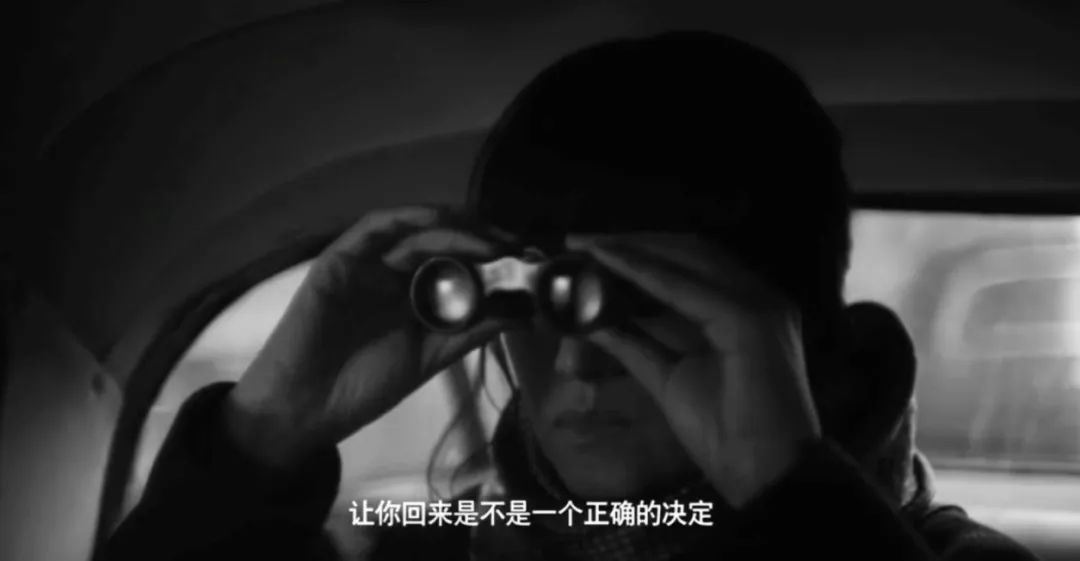
If you enter the cinema, Lou Ye’s fans will definitely not advise you to sit in the front row, because he prefers to use a lot of shaking motion shots, and the pictures are often blurred and dizzy.
However, there is no denying that the audio-visual aesthetics of Lanxin Grand Theatre is branded by a clear author. This style belongs to both director Lou Ye and photographer Jian Zeng. He used rain and smoke to create a changeable atmosphere, which actually made a black-and-white film look polished and polished.
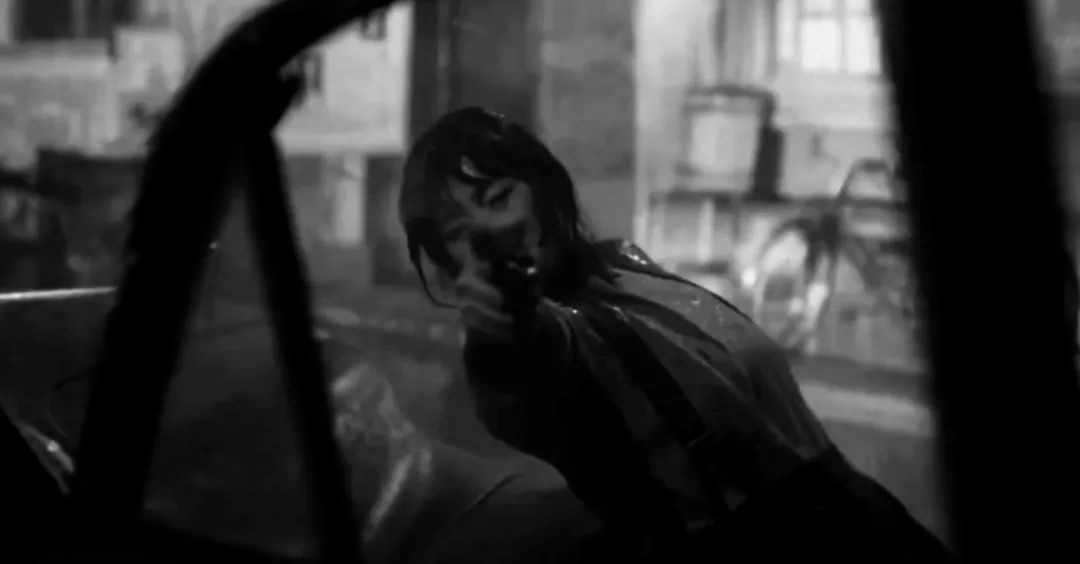
Similar to Lou Ye’s previous works, "Lanxin Grand Theatre" is bound to face a polarized evaluation, but any impression is reasonable. Don’t say whether you like the film or not. Even "Do you like Lou Ye" has a very polarized answer, but is it worth buying tickets for the audience to watch? The answer is yes, at least Lou Ye has been trying to break through himself, which is pure as a filmmaker. In the mainstream film market in China, there are obviously not many such people.
The picture in this article comes from the Internet.
@Movie
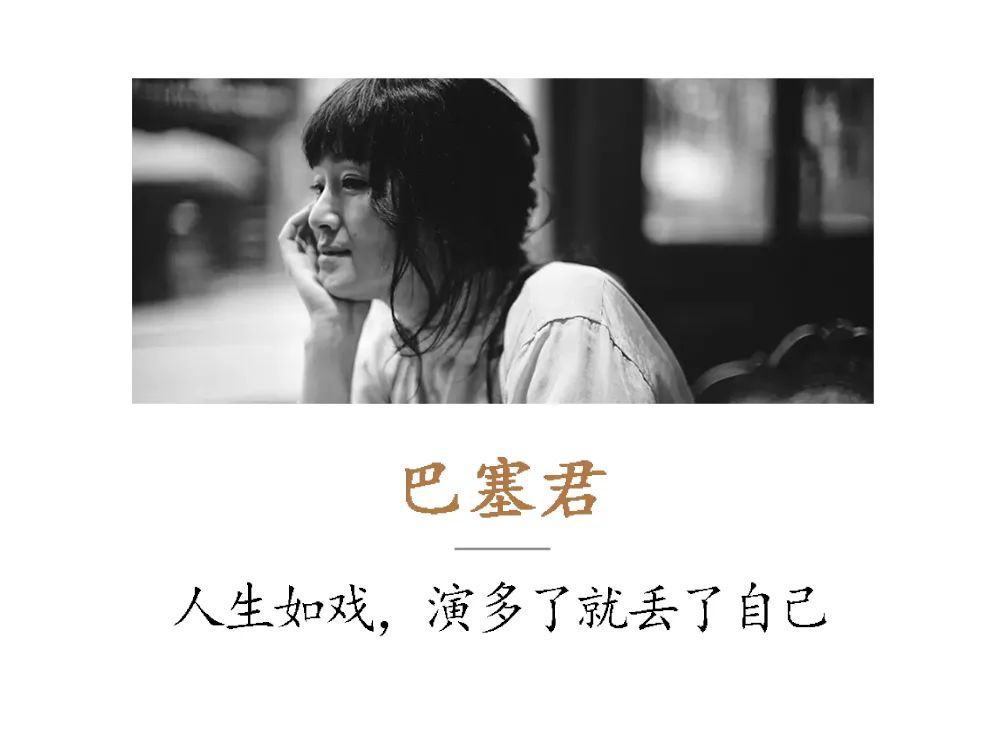
Recommend reading